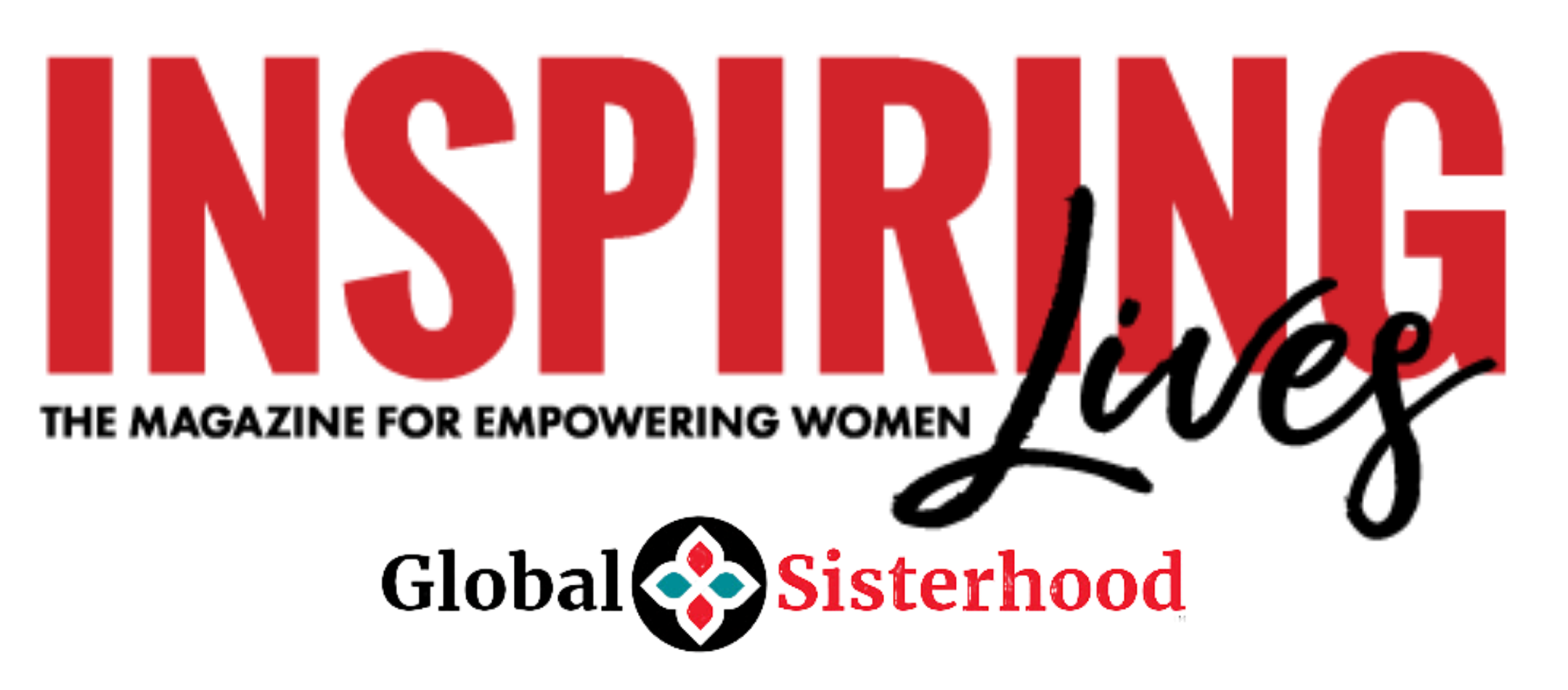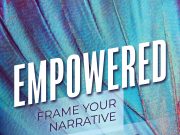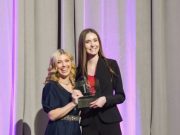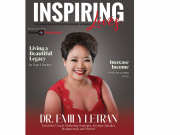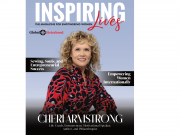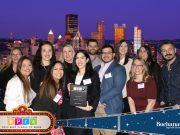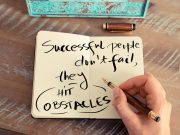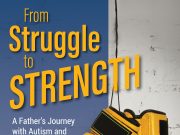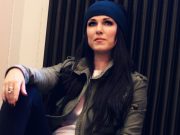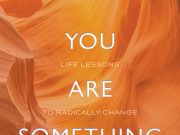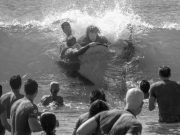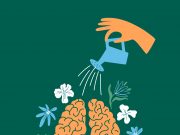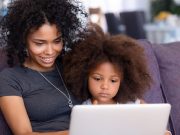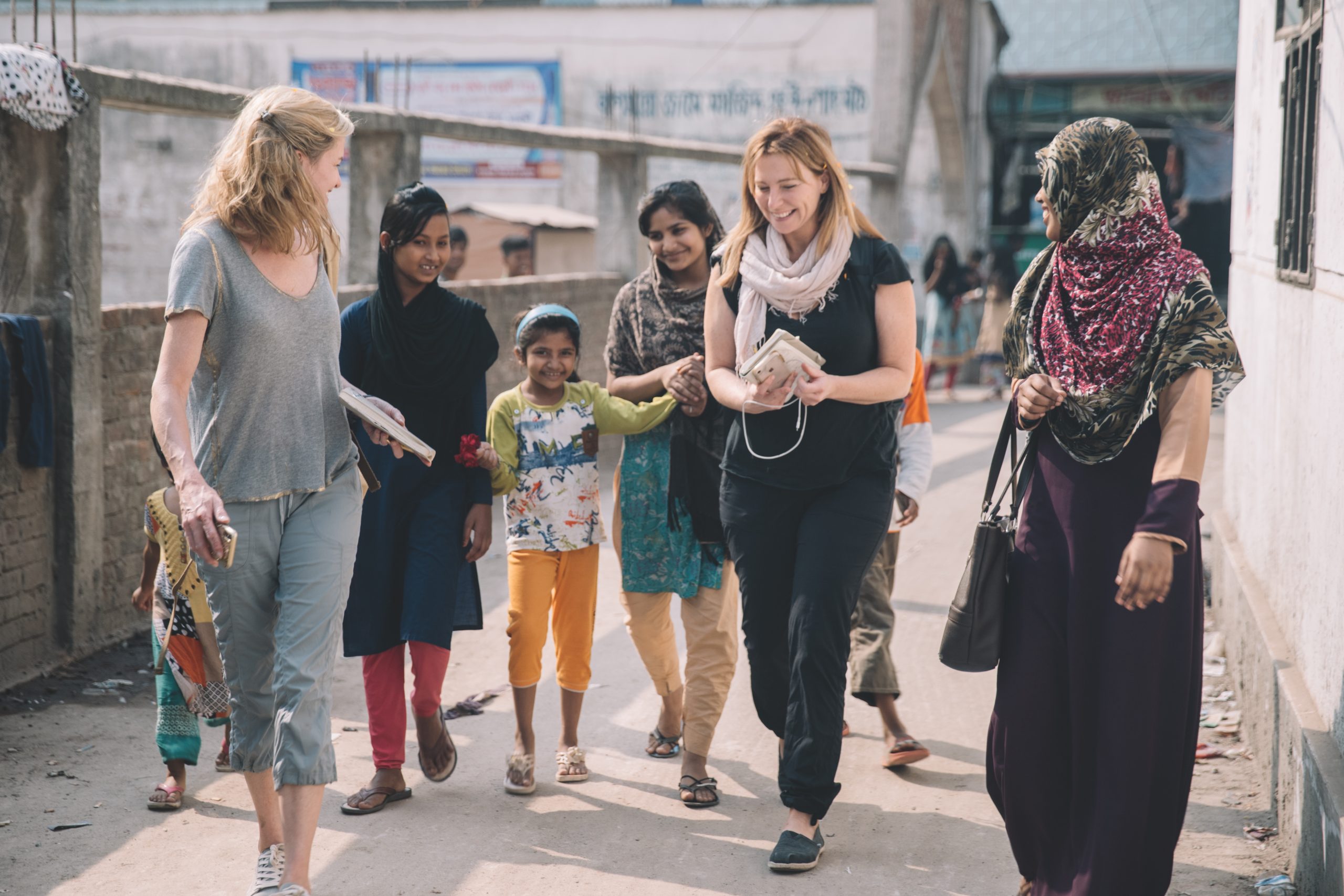By Kim Reilly and Megan Hayes
Empowering women is the core mission behind Everybody Water. The Boston-based, women-owned company was started by two neighbors who wanted to make an impact, Kim Reilly and Megan Hayes, who teamed up with Water1st International in supporting clean water projects for people worldwide who don’t have access to a basic need that we often take for granted.
Everybody Water backs clean water infrastructure projects that are permanent, holistic solutions with an enormous impact on people’s lives. Women and girls are most affected by the clean water crisis, as they are the ones who shoulder the burden of walking for miles a day to collect water that is usually unclean and bringing it back to their village for their families. This task ultimately prevents them from obtaining an education and earning an income.
When Reilly and Hayes learned more about the crisis and how it impacted not just sanitation but the potential of so many women, they came up with a plan: Everybody Water. The beverage company took bottled water in a different direction, offering premium water in a 16.9-ounce, eco-friendly carton. A portion of every sale goes toward communities in developing countries that are in dire need of clean water.
Reilly and Hayes both come from corporate backgrounds and are mothers of young girls. Sitting on the sidelines at their daughter’s after school activities, the idea of “water with a heart” was born. The pair followed their passion to give everyone an opportunity to make a difference. To get their idea off the ground, they met with many nonprofits in the space to decide who would be the best fit for them to team with. They selected Water1st International, based in Seattle, because they recognized the sustainable nature of their work and their commitment to full, in-home piped water solutions versus village pumps alone. The in-home solution alleviates the need for women and girls to spend hours a day obtaining clean water.
The pair knew they had to see the crisis first-hand to really understand the solutions being executed on the ground to understand how it could scale. They traveled to Honduras and Bangladesh, where they met with children and families whose lives have been changed by having clean water systems in their homes. Their visits motivated them to give up their corporate careers, implement an incredible business plan, and invest their savings to get Everybody Water off the ground.
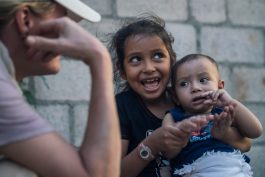 While women’s empowerment has been a focus for most countries over the past twenty years, progress has been slow, as culture is hard to transform. Reilly and Hayes say they realize the scale of their work with Water1st International isn’t large enough to make an impact on an entire country, but they’re still helping to move the needle forward for women’s rights through clean water system implementations.
While women’s empowerment has been a focus for most countries over the past twenty years, progress has been slow, as culture is hard to transform. Reilly and Hayes say they realize the scale of their work with Water1st International isn’t large enough to make an impact on an entire country, but they’re still helping to move the needle forward for women’s rights through clean water system implementations.
Education plays a major role in their mission as well. In Honduras, one segment of their program is training on gender issues. During one exercise, with both men and women of the village present, each person describes the activities they perform each day. The men learn that women work 25–33% more hours a day than them, mainly providing water for the village, which Reilly and Hayes say ultimately leads to greater appreciation for the challenges these women face.
In both Honduras and Bangladesh, committees are formed within the communities as the clean water projects are underway. In both countries, women comprise more than half of the committee members, and they’re enabled to take on leadership roles within the community. While there’s no denying that women still face challenges in these rural villages, these projects are paving the way and helping to break down barriers to equality.
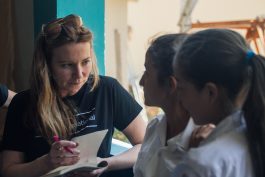 Reilly and Hayes’s mission is just getting started with Everybody Water. Their next goal is building out their new partnership program for companies that are making a statement by exclusively carrying their cartons. The program highlights partners on social media by showcasing their joint commitment to being a socially conscious brand and active contributors to the clean water movement. It also enables cafes, markets, corporate offices, hotels, fitness facilities, and more organizations who offer water to recognize that having a social impact really doesn’t have to be a massive undertaking. Reilly and Hayes say the program opens the door for corporate giving—a simple way to demonstrate a brand’s dedication to global issues, which will help them connect more deeply with conscious employees and consumers. Together, everyone has the power to make amazing change happen.
Reilly and Hayes’s mission is just getting started with Everybody Water. Their next goal is building out their new partnership program for companies that are making a statement by exclusively carrying their cartons. The program highlights partners on social media by showcasing their joint commitment to being a socially conscious brand and active contributors to the clean water movement. It also enables cafes, markets, corporate offices, hotels, fitness facilities, and more organizations who offer water to recognize that having a social impact really doesn’t have to be a massive undertaking. Reilly and Hayes say the program opens the door for corporate giving—a simple way to demonstrate a brand’s dedication to global issues, which will help them connect more deeply with conscious employees and consumers. Together, everyone has the power to make amazing change happen.
Follow Everybody Water on Instagram @everybodywater and Facebook @everybodywater using the #waterwithaheart hashtag for more information.
